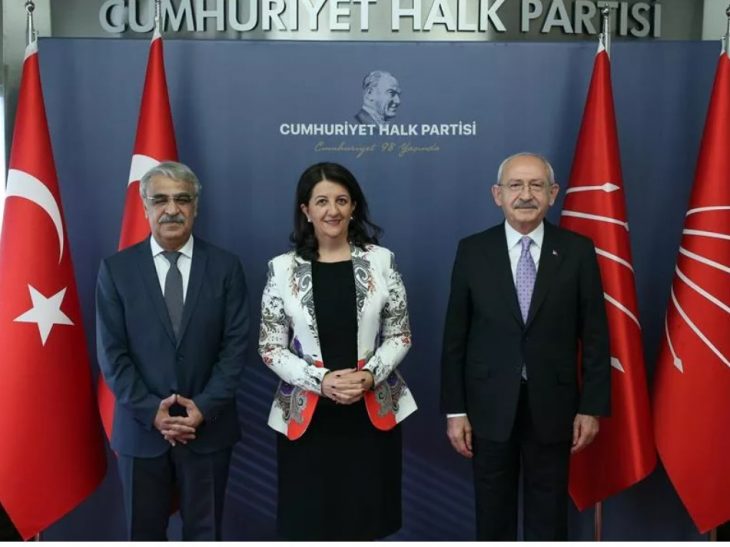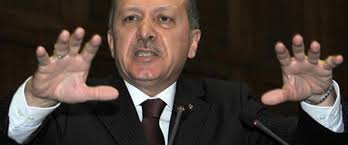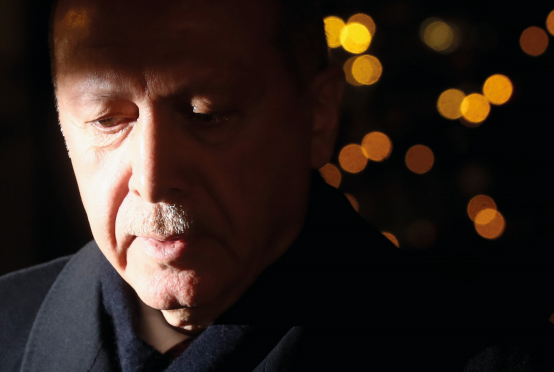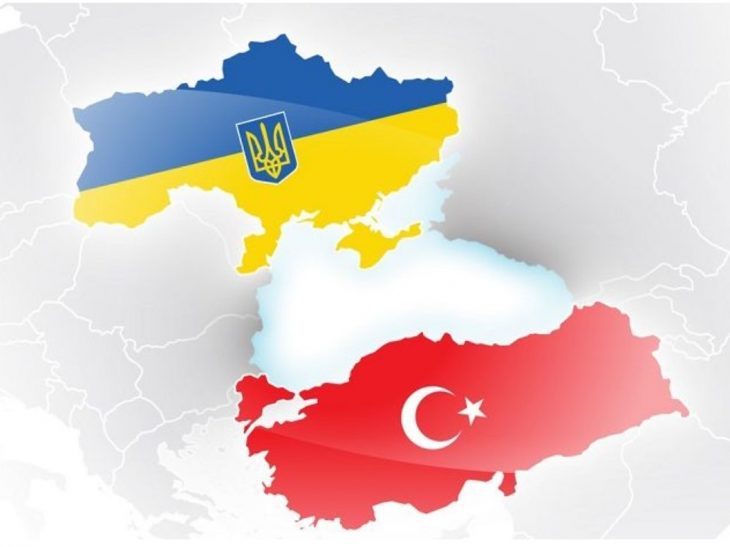Turkey’s Opposition in Flux: Student Uprising Pushes CHP Leftward Amid Erdoğan Crackdown
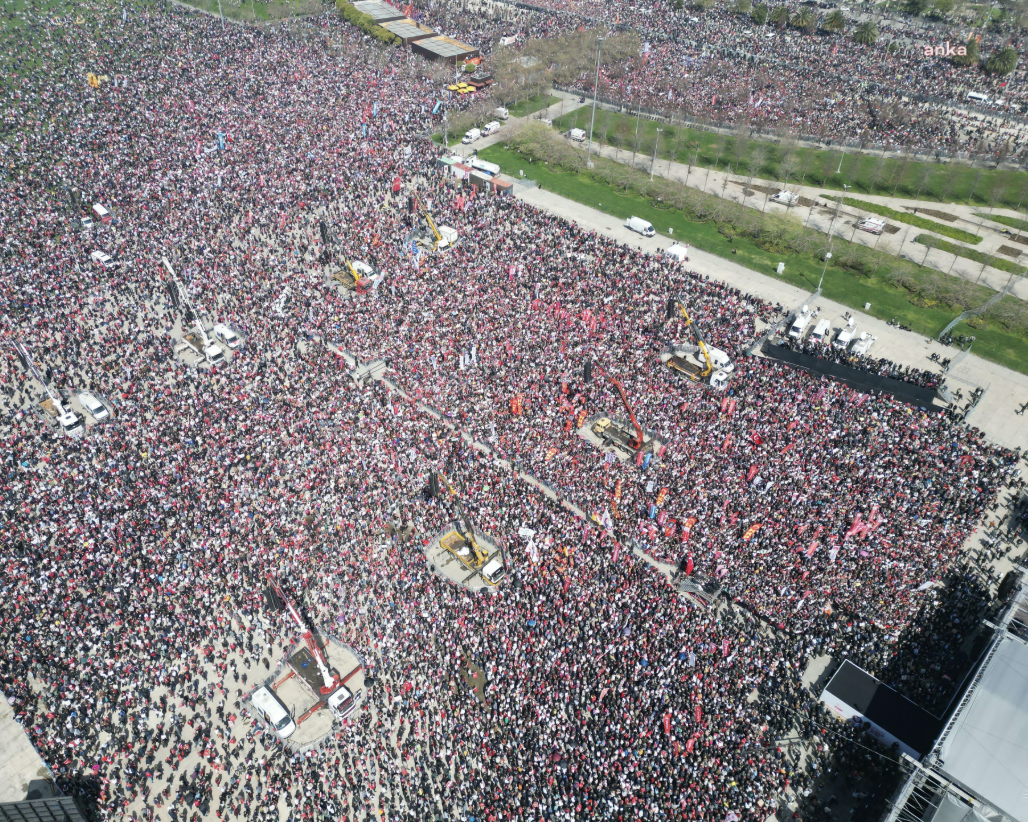 protest
protest
Something unprecedented is unfolding in Turkish politics. The country’s main opposition party, the Republican People’s Party (CHP)—once rooted in Turkish nationalism and anti-communist centrism—is being swept into unfamiliar territory: the political left. The catalyst? A wave of protests ignited by the arrest of Istanbul Mayor Ekrem İmamoğlu, and the rage of a disillusioned generation.
Led by Özgür Özel, the CHP has begun echoing activist rhetoric, calling for boycotts and embracing civil resistance—an approach that just months ago would have been unthinkable for its leadership. Even prominent journalists noted that party elites appear surprised by their own transformation.
CHP’s Historical Drift from the Left
To understand the scale of this shift, one must revisit the CHP’s long evolution. Originally founded as a nationalist, anti-socialist bulwark, the party briefly veered leftward in the 1960s under pressure from student movements, workers, and Kurdish activists. However, following the 1980 military coup, Turkey’s Left was devastated, and the CHP was banned, only to resurface through a new centrist offshoot, the Social Democratic Populist Party (SHP).
Though the SHP briefly collaborated with Kurdish political movements in the early 1990s, the intensifying Kurdish-Turkish conflict and pressure from the military establishment drove it rightward again. When the CHP was reestablished in 1992, it did so with a more conservative posture, gradually shedding its Kurdish support base.
Centrism Proved a Losing Strategy
Over the last two decades, the CHP failed to develop a compelling ideological counterweight to Recep Tayyip Erdoğan’s AK Party. Instead, the party relied on a passive electoral strategy—waiting for Erdoğan’s perceived failures to win back public support, rather than offering a transformative alternative.
Occasional municipal successes, especially after the 2019 local elections, gave the party a credibility boost, as it adopted technocratic governance and social welfare policies reminiscent of AKP’s earlier years. Yet, even then, the party steered clear of mass mobilization or protest politics.
March 19 Arrest Sparked an Uprising
The arrest of İstanbul Mayor İmamoğlu on March 19 marked a turning point. But it wasn’t the CHP that responded first—it was university students, frustrated by years of economic hardship, lack of prospects, and state repression on campuses. On the very day of the arrest, students from Istanbul University surged past police barricades and initiated mass protests.
Between March 19 and March 26, nearly a million people took to the streets across the country. The CHP, initially hesitant, was compelled by popular pressure to extend planned protests. Still, party leadership worked to contain the unrest, uncomfortable with the movement’s growing radical tone.
Campus Repression and the Rise of Youth Resistance
Turkey’s youth, particularly students, have found themselves politically alienated and economically cornered. Universities, once seen as sanctuaries for reflection and learning, have increasingly become tools of ideological control under the AKP, governed by politically appointed trustees (kayyumlar).
In response to failed attempts to establish cultural hegemony, Erdoğan’s government shifted to coercion, purging dissenting academics and stifling student activism. These frustrations boiled over, creating a political moment too large for the CHP to ignore.
Kurdish Movement Hesitates, But May Join In
Despite many individual Kurds joining the protests, the organized Kurdish movement, notably the DEM Party, remained largely absent. Nationalist rhetoric from some CHP factions—including disparaging remarks about Newroz and Kurdish symbols—fueled distrust.
However, the DEM Party recently announced it would participate in upcoming demonstrations, signaling a possible shift. If they fully commit, it could significantly reshape the protest landscape.
Alevis and Unions: Cautious, Yet Watching
Notably absent are Alevi communities, historically vocal during times of unrest. Their silence stems from historical persecution, and a present fear of sectarian violence, especially after recent massacres in Syria were spun in Turkish media as routine anti-Assad operations.
Meanwhile, labor unions, once central to leftist mobilization in Turkey, have been neutered by decades of neoliberalism and face intense state scrutiny. Although calls for a general strike are circulating among grassroots leaders, union confederations remain cautious. Only bottom-up mobilization might tip the balance.
Erdoğan Miscalculated Timing and Backlash
Why did Erdoğan move now? Several factors likely fed his overconfidence:
-
A perceived victory in Syria, bolstering nationalist morale.
-
Kurdish negotiations, giving him space to suppress dissent without retaliation from Kurdish groups.
-
Donald Trump’s return to the U.S. presidency, which Erdoğanists saw as heralding a new global order favorable to authoritarian leaders.
But Trump’s post-election inaction on Turkey’s Kurdish issue disappointed Ankara, and internal tensions over the economic crisis and plunging popularity further complicated Erdoğan’s gamble.
“Even though many Kurdish leaders have forcefully opposed the latest crackdowns, surprising Erdoğan,” the article notes, the regime now faces more resistance than anticipated.
CHP’s Future: Pulled Left by the Streets
At its core, this moment is not just about İmamoğlu’s arrest, but about a generational rupture, one that is forcing the CHP to rethink its ideological commitments and reconnect with grassroots activism.
Will the CHP embrace this moment and reclaim its lost progressive roots, or retreat into the safety of parliamentary maneuvering?
The outcome may determine not only the future of the CHP, but the direction of Turkish democracy in the years to come.



